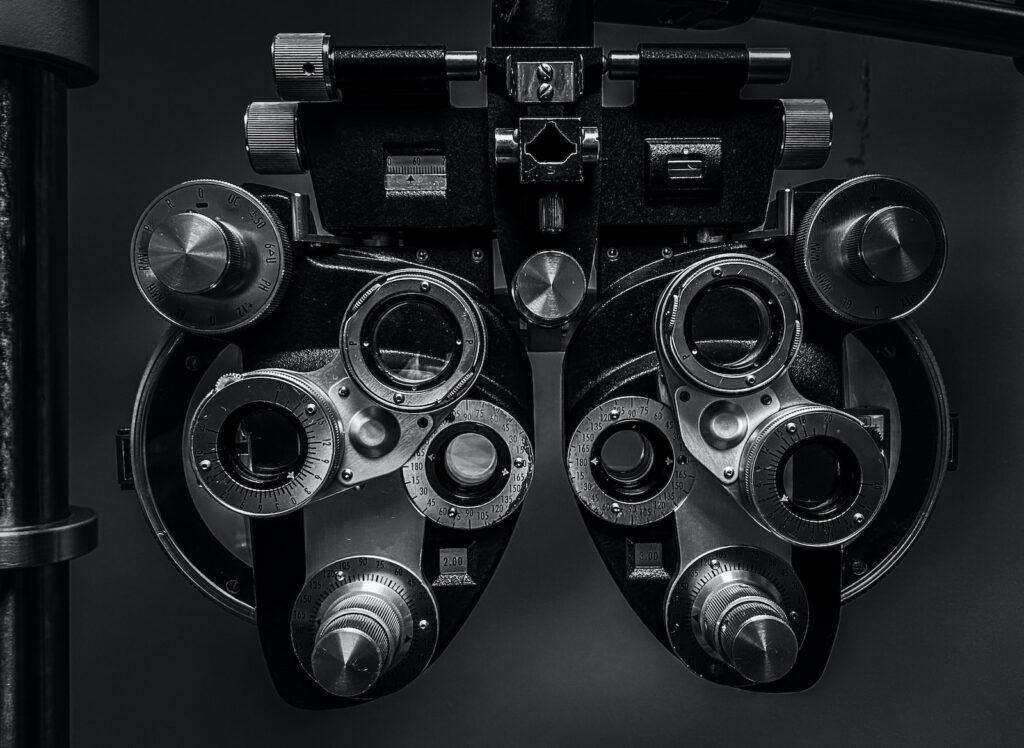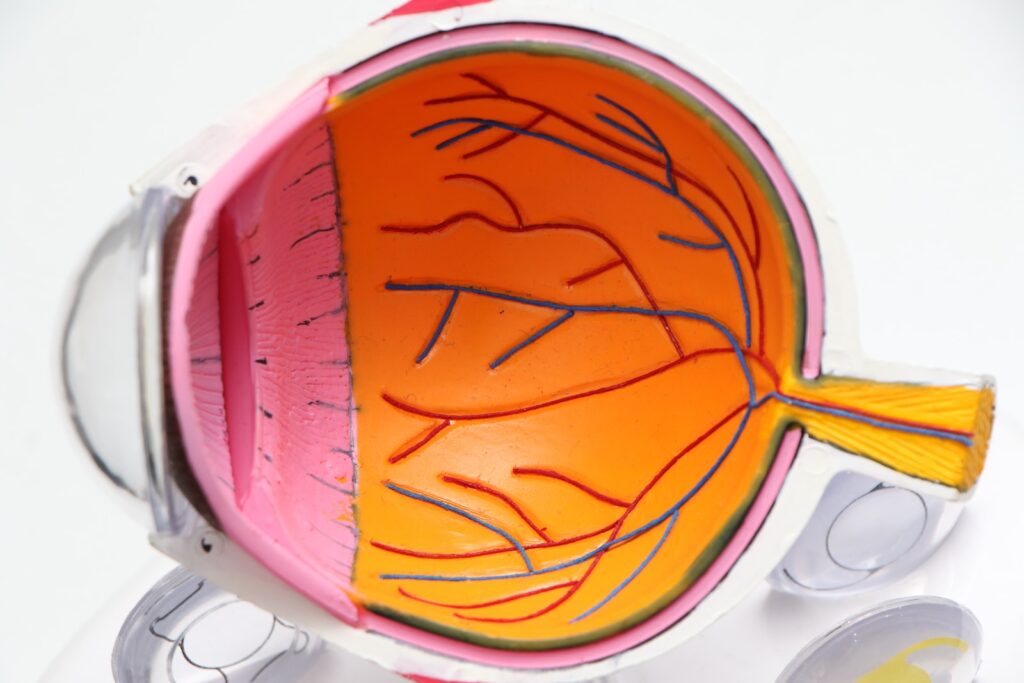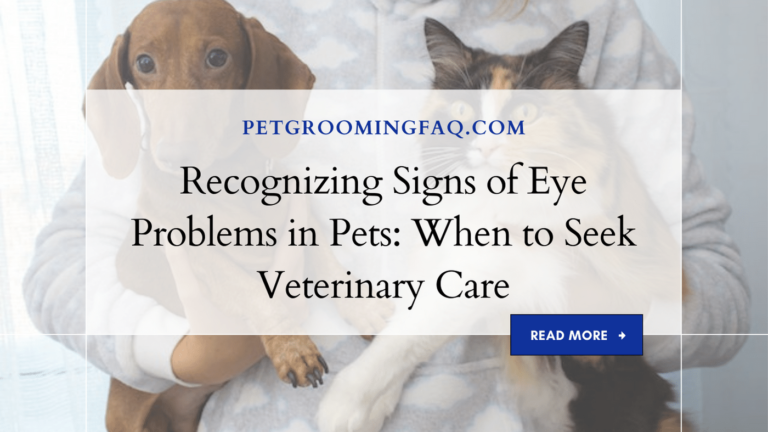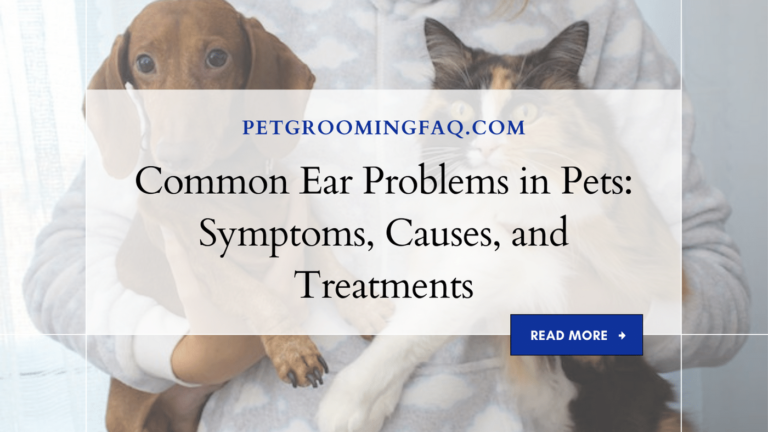The Importance of Eye Exams for Your Pet: What to Expect and When to Schedule
As pet owners, we all want our furry friends to live long and healthy lives. And while we may be diligent about taking them to the vet for check-ups and vaccinations, there’s one aspect of their health that often gets overlooked: their eyes. Just like humans, pets can suffer from a variety of eye conditions that need prompt treatment in order to avoid permanent damage or even blindness.
In this blog post, we’ll explore why routine eye exams are crucial for maintaining your pet’s vision and overall wellbeing. Plus, we’ll give you some tips on what to expect at your next appointment and when it’s time to book one. So buckle up – it’s time for a crash course in pet ocular health!
What is an Eye Exam?
The Eyes are one of the most important organs in your pet’s body. They play a major role in their vision, and you should oversee their health by having them undergo an annual eye exam, preferably at least once a year.
Your veterinarian will administer a series of tests to check for eye problems such as glaucoma, cataracts, and retinal tears. They may also measure the size and shape of your pet’s eyes, examine the retina to look for abnormalities, or perform retinal photography. If your pet has any health concerns, the doctor will provide a diagnosis and advise on how to address the problem.
Why Should My Pet Get an Eye Exam?
Your pet may be your best friend, but they’re not immune to health problems. One of the most common problems that pets can suffer from is eye issues. Problems with their eyes can manifest in a number of ways, including blindness, cloudy eyes, and cataracts. If you suspect that your pet has an eye problem, it’s important to get them evaluated by a veterinarian as soon as possible. Here are some things to keep in mind when scheduling an eye exam for your pet:
1] Expect a thorough exam. Your veterinarian will take a detailed history of your pet’s health and examine their eyes carefully. This includes examining the surface of the eye for any signs of pathology and looking for optic nerve lesions (signs that the retina may have been damaged).
2] Schedule the exam as soon as possible. Eye disorders can rapidly progress if not treated promptly.
3] Make sure to bring any relevant documents with you during the appointment, such as proof of ownership or vaccine records.Your veterinarian may require additional information from you before proceeding with the examination or diagnosis.
4] Bring your pet’s food and water bowl with them to the appointment. Your veterinarian may need to fill out a food/water intake sheet for your pet.
5] Be prepared to answer any questions your veterinarian might have. This includes questions about your pet’s diet, activity level, and medical history.
How Often Should My Pet Have an Eye Exam?

As pets age, their eyes may not function properly. This can lead to complications such as blindness, and eye exams are important for your pet’s overall health and well-being. Here are some key things to know about eye exams for your pet:
When should my pet have an eye exam?
A routine eye exam is recommended for all pets starting at age 6 months and annually thereafter. Your veterinarian will look for signs of photosensitivity, heart disease, infections and other problems. Some gradual changes in the eyes could also mean it’s time for an examination.
What should I expect during an eye exam?
During an exam, your veterinarian will thread a light through the pupil of your pet’s eye to assess its brightness and color. He or she will also check the pup’s cornea for any signs of infection or damage, measure the size and shape of the eyeball, and look inside the orbit (the area around the eyeball). In some cases, x-rays may be taken during the exam to rule out conditions such as cataracts or glaucoma.
What are the risks of not having an eye exam?
There are many potential risks associated with not having an annual eye exam for your pet. Some of these risks include a greater risk of developing serious eye diseases, blindness, and even death. Additionally, untreated conditions can quickly lead to more serious conditions. If you notice any changes in your pet’s eyes or any difficulty seeing him or her, schedule an exam right away.
Who Performs the Eye Exam?
The importance of eye exams for your pet cannot be overstated. Regular examinations can identify any potential problems with vision before they become serious, and can often prevent more serious issues from developing. Pet eyes exams should be scheduled at least once a year, but ideally every two to three years, depending on your pet’s age and activity level.
There are a few things to look for during an eye exam, including:
- examining the whites of the eyes to check for signs of glare or eyestrain;
- Checking the pupils for size and shape;
- Examining the retinas for signs of damage or disease.
What to Expect During the Exam

One of the most important things you can do for your pet is to have them regularly examined by a veterinarian. One way to keep your pet healthy and safe is by conducting regular eye exams. Here is what to expect during an exam:
The vet will examine your pet’s eyes and surrounding area for any abnormalities. This includes checking foriritus, inflammation, discharge, or other issues that may require treatment. The vet may also perform a visual acuity test if there are concerns about your pet’s vision.
Some vets offer discounted rates for annual eye exams, so it’s a good idea to ask when making an appointment. Be sure to bring along relevant medical records, as the vet may request them during the examination.
Recommended Treatment for Certain Eye Disorders
There are many different types of eye disorders that can affect your pet. Some common conditions are: cataracts, glaucoma, and conjunctivitis. Each of these can have a significant impact on your pet’s quality of life.
If you notice signs of an eye disorder, it is important to take your pet to the vet for an exam as soon as possible. Your vet will be able to diagnose the problem and recommend the appropriate course of treatment. Many disorders can be treated with medication, surgery, or a combination of both. Keep in mind that some eye disorders may require regular office visits to monitor progress.
There is no one single method that works for treating all types of eye diseases in pets, so it is important to work with your veterinarian to find the best approach for your pet’s individual case. The key thing to remember is that early detection and treatment is always the best way to ensure a good outcome.
After the Eye Exam
If your pet is exhibiting any of the following signs, it’s time for an eye exam: sensitivity to light, blurred vision, eye irritation, redness or discharge. Your veterinarian can perform a variety of tests on your pet’s eyes (including exams and blood work) to determine the cause and extent of any problem. Here are five things you can expect during an eye exam: your veterinarian will clean the area around your pet’s eyeball with a saline solution;
he or she will test the visual acuity (sharpness) of both eyes;
he or she will measure the amount of intraocular pressure (IOP);
he or she will examine the whites and browns of your pet’s eyes for signs of inflammation or infection; and
if necessary, he or she may prescribe medication to relieve symptoms. It is important to schedule an eye exam at least once every year for medium-sized animals and every two years for large animals.
Conclusion
If you have a pet, it is important to maintain regular eye exams. This can help detect conditions like cataracts and glaucoma early, which can be treated with surgery or medication. Many vets offer a discounted rate for patients that schedule their exams through them. If your pet’s vision is not good enough to warrant an appointment with the vet but there are concerns, x-rays may be taken instead.
Make sure to keep up with changes in your pet’s vision by reviewing any certificates of surgery or examinations that are provided to you. Schedule regular checkups and make sure your veterinarian knows about any health concerns so they can provide the best care for your furry friend!







